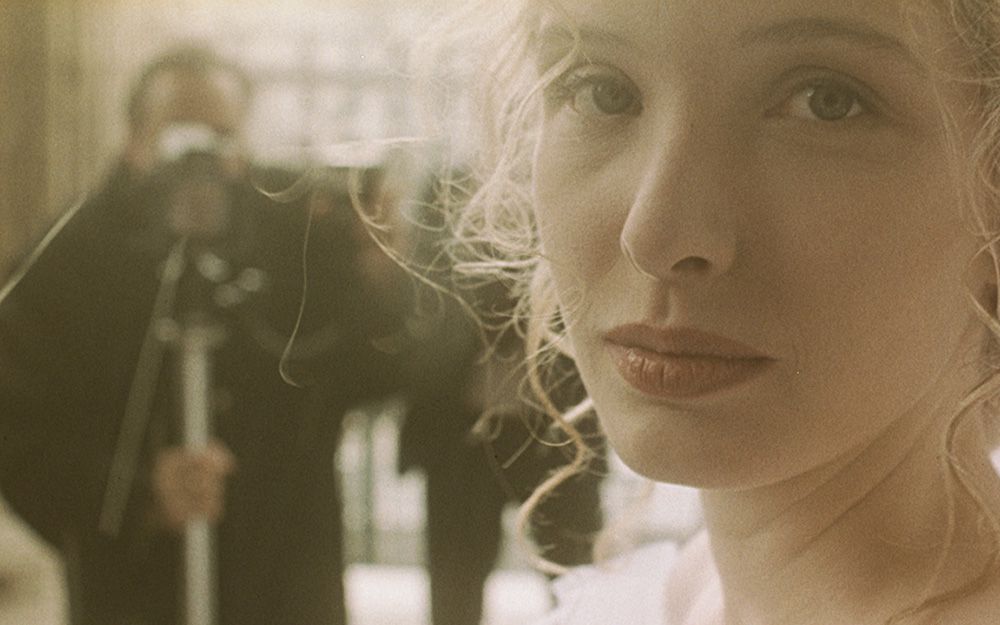Three Colors: White by Krzysztof Kieślowski (Review)

The second in the highly-acclaimed “Three Colors” trilogy. The only other one I’d seen before was the second film, Blue. White tells the story of Karol, a hairdresser whose wife wants to get divorce because he can’t consummate the marriage. He begins an elaborate scheme, which doesn’t make sense until towards the very end, to get back at her and show her the error of her ways.
I’d heard this was the black comedy of the series, but it just didn’t work as a black comedy. There are several scenes that have potential, and are certainly twisted enough, but none of them elicited a laugh from me.
The scheme that Karol launches is complicated and highminded, but it felt too farfetched to really work. And even though I should be rooting Karol on, and he seems like a likable enough fellow, he just comes across as a manipulative bastard who wants to punish his wife. The final scene feels like an attempt at redemption, but it just doesn’t feel like enough.
Much of the film takes place in desolate cities and countrysides, which mirrors the frigidity in the relationship between Karol and his wife, but it also adds a muted feel to much of the film. It almost feels oppressive and the movie’s attempts at humor aren’t enough to shirk that feeling.
